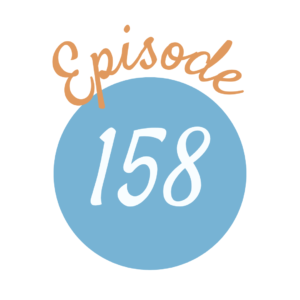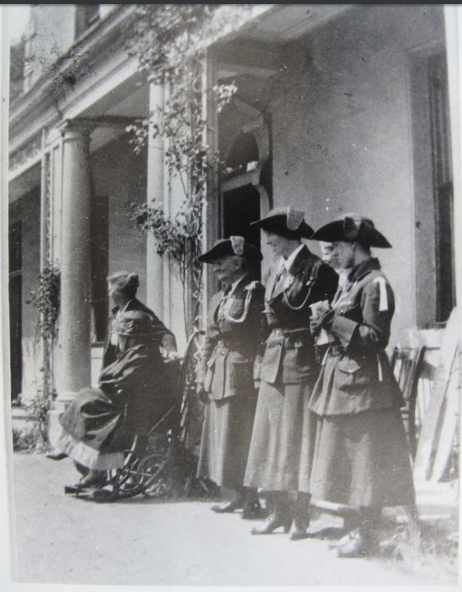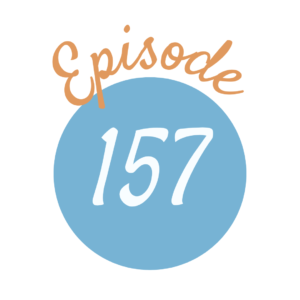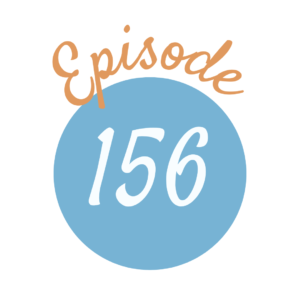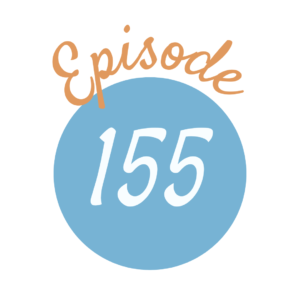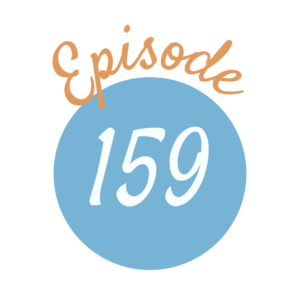
The subject of composition perplexes because Charlotte Mason required
it and yet discouraged its instruction. How does a teacher abide by her principles and fulfill these requirements? This episode analyzes her principles of writing skill and instruction and traces its development through the forms.
Listen Now:

“In fact, lessons on ‘composition‘ should follow the model of that famous essay on “Snakes in Ireland”–“There are none.”…Our business is to provide children with material in their lessons, and, leave the handling of such material to themselves.” (1/247)
“[L]et us perceive that our relations with each other are the relations of spirit with spirit, and that spoken and written words are no more than the outward and visible signs of ideas spiritually conveyed…” (2/135)
“Before they are ten, children who have been in the habit of using books will write good, vigorous English with ease and freedom; that is, if they have not been hampered by instructions.” (1/247)
“The first buttercup in a child’s nature note book is shockingly crude, the sort of thing to scandalise a teacher of brush-drawing, but by and by another buttercup will appear with the delicate poise, uplift and radiance of the growing flower.” (6/217)
“‘Composition’ is never taught as a subject; well-taught children compose as well-bred children behave–by the light of nature.” (3/286)

A New Grammar of the English Tongue
(Contains Affiliate Links)

Episode 50: Writing: Grammar and Composition

